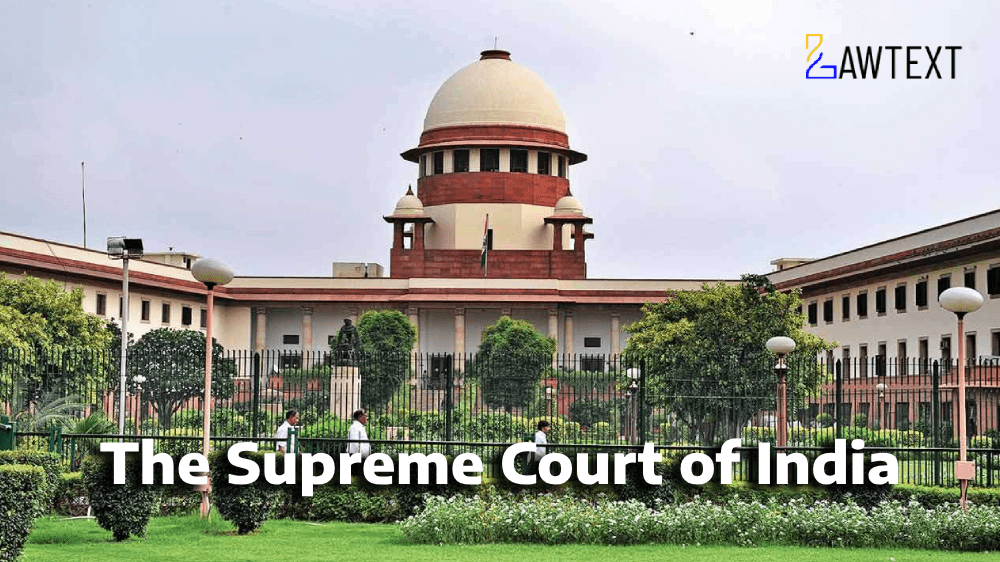CASE NOTE & SUMMARY
The Supreme Court of India affirmed the conviction of four appellants under Section 302 read with Section 34 of the IPC, overturning the trial court's acquittal. The Court highlighted the importance of a holistic view of evidence, emphasizing that minor inconsistencies in witness testimonies do not invalidate their credibility when corroborated by medical evidence and circumstances. The judgment reiterates the principles of assessing "interested witnesses" and underscores the principle of "perversity" in trial court judgments.
Acts and Sections Discussed
-
Indian Penal Code, 1860 (IPC)
- Section 302 (Punishment for murder)
- Section 34 (Acts done by several persons in furtherance of common intention)
-
Code of Criminal Procedure, 1973 (CrPC)
- Section 379 (Appeals to the Supreme Court)
-
Supreme Court (Enlargement of Criminal Appellate Jurisdiction) Act, 1970
Subjects:
- Interested Witness
- Murder
- Eyewitness Testimony
- Medical Evidence
- Common Intention
- Judicial Perversity
- Coordinated Attack
Facts
The case involves an appeal against the High Court's reversal of the trial court’s acquittal of the appellants for murder under Section 302 read with Section 34 of the IPC.
The appellants sought the Supreme Court's intervention to reverse their conviction by the High Court and restore their acquittal.
The appellants contested the High Court's decision, alleging errors in appreciating evidence, especially the reliability of interested witnesses and discrepancies in medical evidence.
- Section 302 and 34 of the IPC
- Judicial standards for assessing witness testimony and evidence reliability.
- Trial Court: Acquitted all accused, citing inconsistencies in prosecution evidence, lack of motive, and unreliable witness testimonies.
- High Court: Convicted four appellants, holding that the trial court's findings were perverse and emphasizing that the prosecution had proven its case beyond reasonable doubt.
Issues
- Whether the testimonies of "interested witnesses" (family members) can be relied upon.
- Whether the High Court was justified in overturning the trial court’s acquittal.
- Adequacy of medical evidence to corroborate eyewitness testimonies.
- Applicability of Section 34 IPC in establishing common intention.
Submissions/Arguments
-
For the Appellants:
- Witness testimonies were unreliable due to their familial relationship with the deceased.
- Medical evidence did not corroborate claims of multiple head injuries.
- Prosecution failed to establish motive or specific roles for the accused.
-
For the State:
- The High Court's judgment was well-reasoned and supported by corroborative evidence.
- Minor inconsistencies in witness accounts do not affect their credibility.
Decision
The Supreme Court dismissed the appeal, upholding the High Court's judgment, which convicted the appellants under Section 302 read with Section 34 IPC.
Ratio Decidendi:
- Eyewitness testimonies, even from related witnesses, are admissible if found credible and corroborated by other evidence.
- Minor inconsistencies do not undermine the core narrative when the evidence aligns on material points.
- A trial court judgment may be reversed as "perverse" if it disregards critical evidence or misinterprets facts.
- The concept of common intention under Section 34 IPC requires a pre-arranged plan and concerted action.
Citation: 2025 LawText (SC) (1) 224
Case Number: CRIMINAL APPEAL NO.1675 OF 2015
Date of Decision: 2025-01-22
Case Title: BABAN SHANKAR DAPHAL & ORS. VERSUS THE STATE OF MAHARASHTRA
Before Judge: [VIKRAM NATH J. , PRASANNA B. VARALE J.]
Appellant: BABAN SHANKAR DAPHAL & ORS.
Respondent: THE STATE OF MAHARASHTRA

